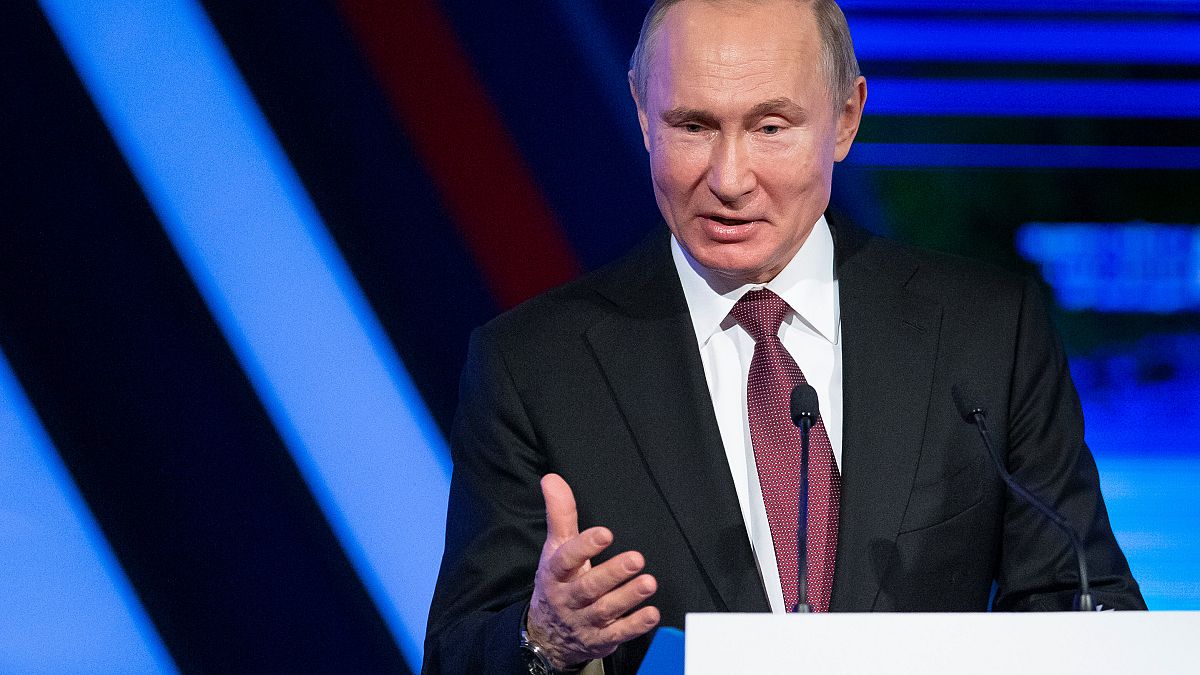The money will be shared between 13 so-called National Projects which include increasing the fertility rate and reducing air pollution in cities.
The Russian government unveiled on Monday a €390 billion plan to overhaul its economy by 2024, at the end of what should be President Vladimir Putin's last term in office.
The investment programme, which features 13 so-called National Projects, follows the "May Decrees" signed by Putin after his re-election last year, in which he pledged to cut poverty in half and significantly boost life expectancy.
Where is the money going?
A quarter of the money (6.3 trillion rubles/€85.5 billion) has been earmarked to revamp the country's core infrastructure. Roads and car safety will be the second biggest expenditure (4.78 trillion rubles/€64.4 billion), with ecology rounding up the top three (4.04 trillion rubles/€54.5 billion).
What are some of the goals?
Below are some of the biggest goals to be reached by 2024 outlined in the investment programme:
Digital economy: Increase domestic spending in the sector to three times the 2017 level; ensure at least 90% of softwares used by government institutions and 70% by state-run companies is Russian-made.
Education: Russia to break into the world's 10 leading countries for education.
Demography: Increase the fertility rate to 1.7 per woman from an expected 1.63 in 2019.
Ecology: Reduce the level of air pollution in large industrial centres, including a decrease of at least 20% of total pollutant emissions to the air in the most polluted cities.
Science: Country to become one of the top five destinations for research and development; enhance Russia's attractiveness to "leading foreign scientists" and "young promising researchers."
Exports: Increase export volume of non-energy goods to $250 billion per year from an expected $160 billion in 2019 which represents a 64% increase.
How it will be financed?
Just over half of the money will come from the federal budget, according to the report. A further 5 trillion rubles will be paid by regions, while 7.5 trillion rubles will come from "extrabudgetary sources."
Last August, ahead of the expensive investment programme, Russia's government increased the country's value-added tax (VAT) by from 18% to 20% which came into effect on January 1.
Prime Minister Dmitry Medvedev announced in December that interim results for the investment programme will be published annually.
